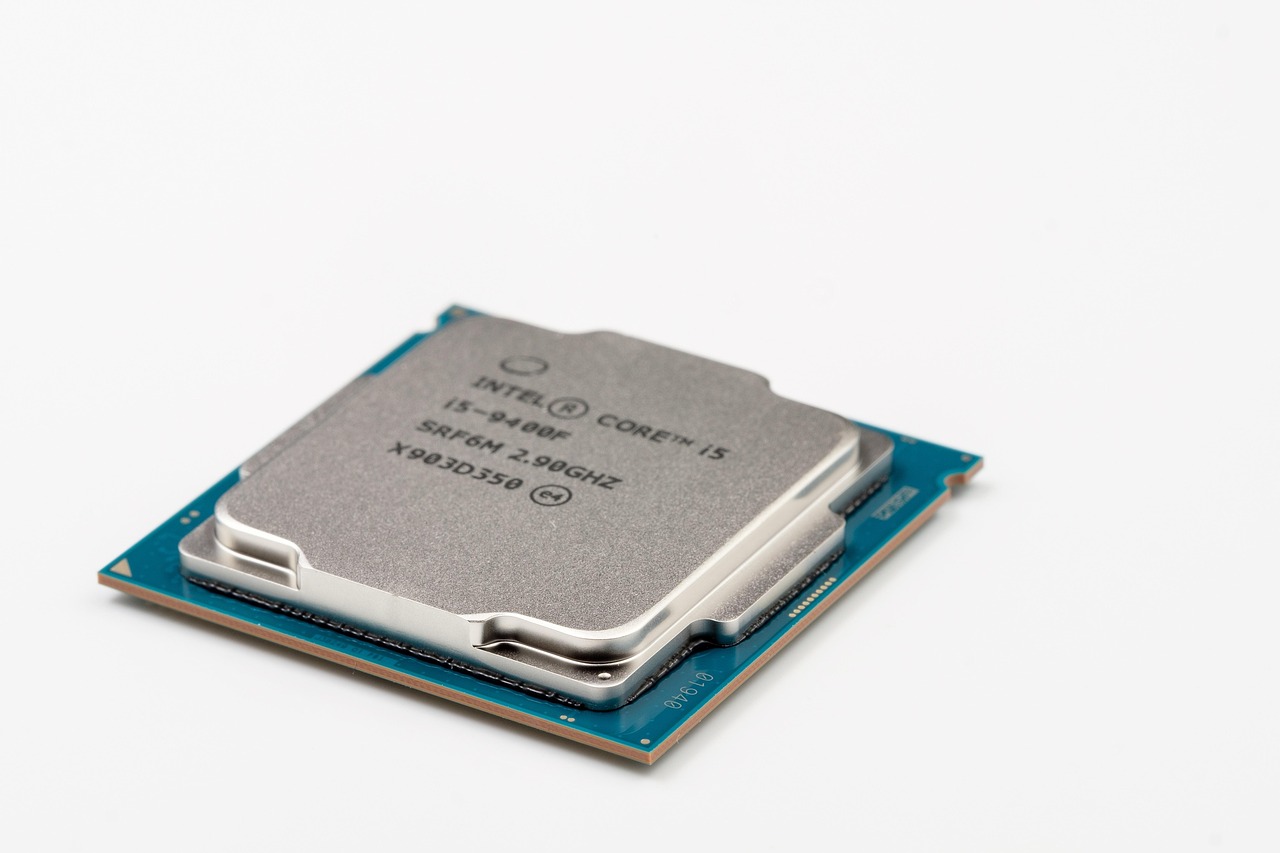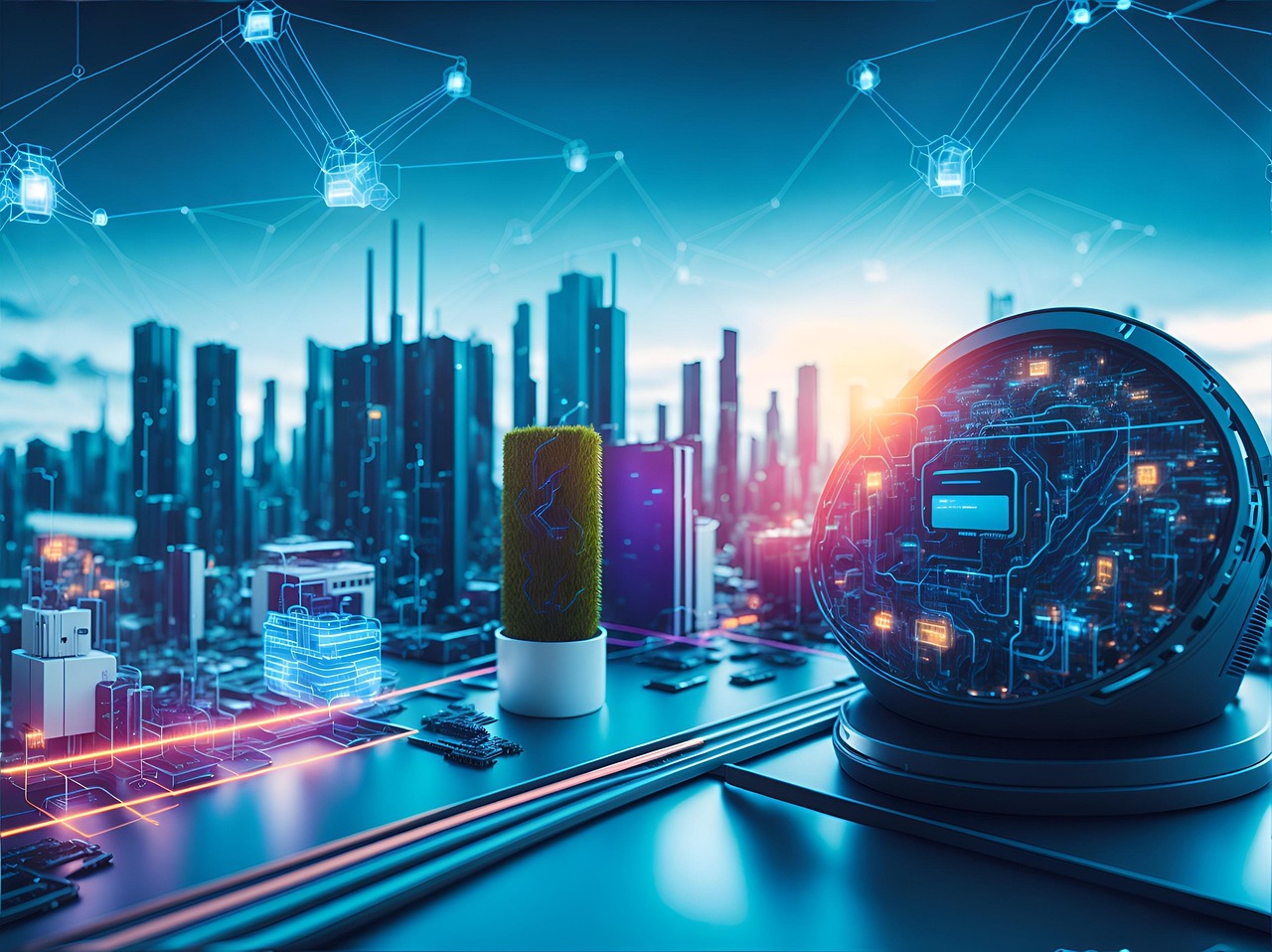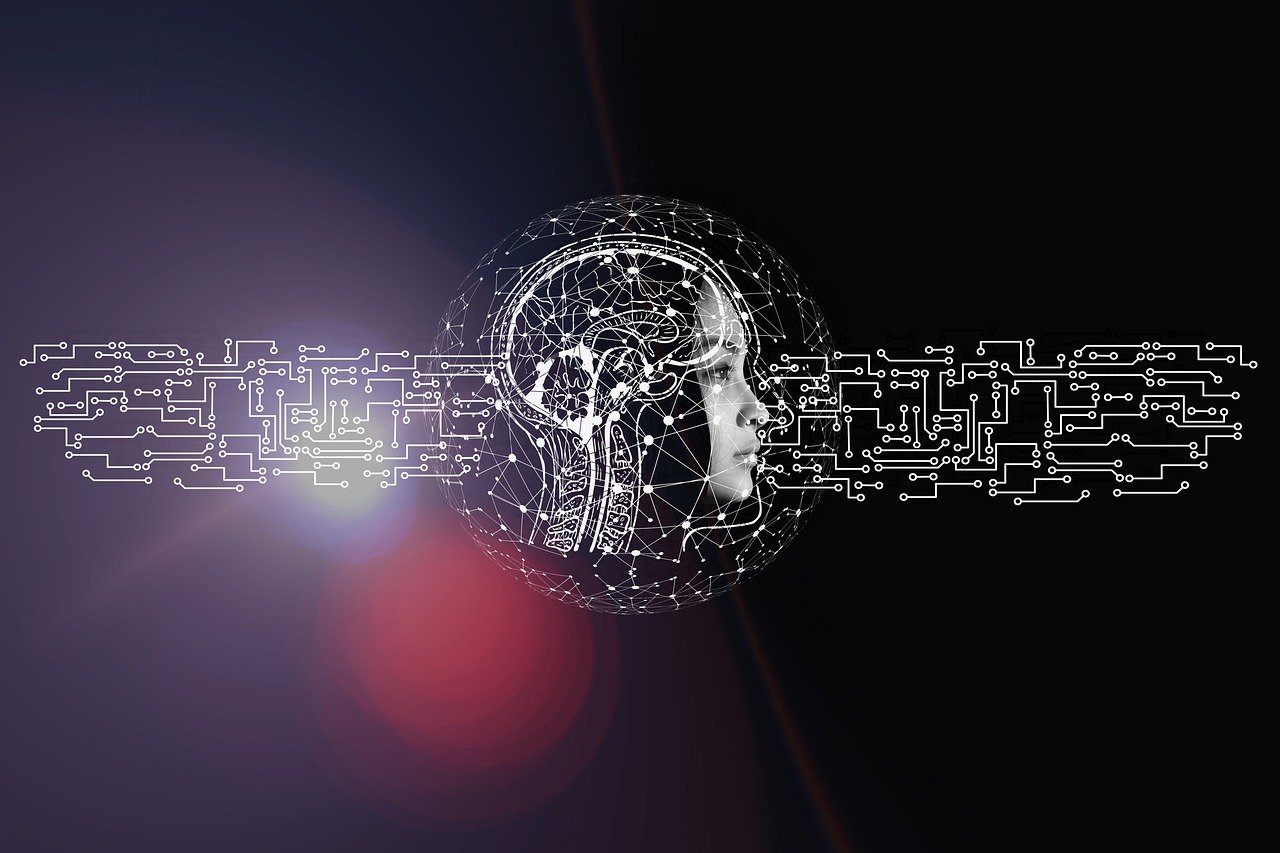AI-Driven GUI Agents: Transforming Human-Software Interaction

Brief news summary
A Microsoft study reveals that AI agents utilizing large language models (LLMs) are becoming proficient in interacting with graphical user interfaces (GUIs). These AI systems can perform tasks like clicking buttons and filling out forms based on simple language commands, acting as expert assistants across different software platforms. Companies such as Microsoft, Anthropic, and Google are adopting these technologies, exemplified by tools like Microsoft's Power Automate and Copilot AI, which enable text-driven software controls. The progress of multimodal models is essential for enhancing GUI automation, as they boost language understanding, code generation, and visual processing capabilities. According to BCC Research, the market for these technologies is projected to increase from $8.3 billion in 2022 to $68.9 billion by 2028 due to the demand for intuitive automation solutions. However, challenges related to privacy, performance, and safety must be addressed to promote widespread use. Solutions might include deploying local models, improving security measures, and establishing standard evaluation frameworks. By 2025, it is expected that more than 60% of large enterprises will test GUI automation agents due to potential efficiency gains, though concerns about privacy and job displacement remain. As conversational AI evolves, it could transform human-software interactions, making digital workflows crucial for user engagement, supported by continued innovation and practical application.A new survey by Microsoft researchers and academic partners highlights that artificial intelligence (AI) agents driven by large language models (LLMs) are evolving to control graphical user interfaces (GUIs), potentially altering human-software interaction. These AI systems can now perform tasks like clicking buttons and navigating apps, interpreting natural language to execute commands. Described as a major paradigm shift, such "GUI agents" allow users to undertake complex tasks through simple conversation, transforming user experience across web navigation, mobile apps, and desktop automation. Major tech companies are integrating these capabilities. For instance, Microsoft’s Power Automate and Copilot AI assist in automating workflows and software control, while Anthropic's Claude enables web interfacing. Google is reportedly working on Project Jarvis, using Chrome for web tasks. The rise of LLMs, particularly multimodal ones, marks a new phase in GUI automation, with significant potential market growth from $8. 3 billion in 2022 to $68. 9 billion by 2028, as per BCC Research.
This growth reflects enterprises’ push to make software more accessible and reduce repetitive tasks. However, challenges such as privacy concerns, performance issues, and safety remain before widespread adoption. Earlier automation approaches lacked flexibility for real-world applications. Solutions include developing efficient local models, enhancing security, and standardizing evaluations. Experts foresee a shift toward multi-agent architectures and multimodal capabilities in GUI automation, which could significantly boost productivity but necessitate careful consideration of security and infrastructure implications. Industry experts predict widespread enterprise adoption of GUI automation agents by 2025, with potential efficiency gains and challenges regarding data privacy and job impact. The survey underscores a crucial moment for conversational AI interfaces to redefine software interaction, pending technological and enterprise deployment advancements. Researchers foresee AI assistants becoming integral to how we work with computers, handling complex and dynamic environments efficiently.
Watch video about
AI-Driven GUI Agents: Transforming Human-Software Interaction
Try our premium solution and start getting clients — at no cost to you

I'm your Content Creator.
Let’s make a post or video and publish it on any social media — ready?
Hot news

Intel's AI Chips: Powering the Next Generation of…
Intel has officially introduced its latest advancement in artificial intelligence technology with a new generation of AI chips specifically designed to accelerate machine learning tasks.

Oracle AI Agents Help Marketing, Sales, and Servi…
Oracle has introduced new role-based AI agents within Oracle Fusion Cloud Applications aimed at enabling organizations to deliver intelligent customer experiences (CX) at scale.

Veriflow AI - AI-Powered Lead Generation for SMM …
Veriflow AI is transforming social media marketing (SMM) agencies’ lead generation by providing advanced AI-powered tools designed to identify high-intent clients on social platforms.

AI Marketing Platform Bluefish Inks 17K-SF Deal a…
Artificial intelligence-driven marketing platform Bluefish has inaugurated its first headquarters in Manhattan’s Flatiron District, according to Commercial Observer.

How AI-driven shopping discovery changes product …
As consumers increasingly adopt AI search, the industry has concentrated on the technical “how,” tracking everything from Agentic Commerce Protocols (ACP) to ChatGPT’s latest shopping tools, often overlooking a bigger transformation: conversational search.

AI Video Conferencing Tools Gain Popularity Amid …
As remote work becomes increasingly prevalent, AI-driven video conferencing platforms have emerged as essential tools for businesses and individuals.

AI-SMM — AI that runs social media
AI-SMM is transforming social media management through its advanced AI-powered platform that automates the entire social media workflow.
AI Company
Launch your AI-powered team to automate Marketing, Sales & Growth

and get clients on autopilot — from social media and search engines. No ads needed
Begin getting your first leads today








